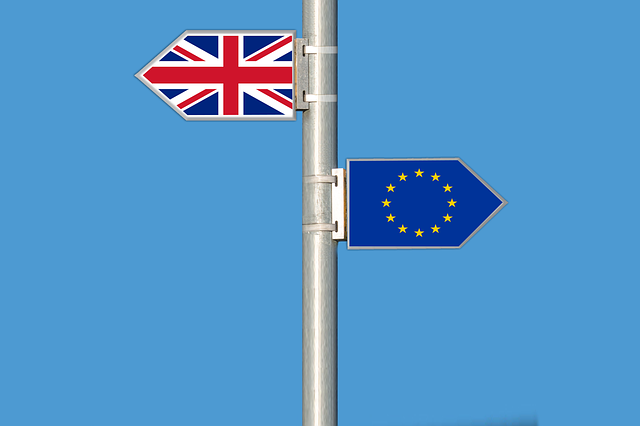Brexit: Happy Marriage and Divorce
 This article focuses on one of the most essential challenges for the European Union – Brexit, a process in motion since June 2016 and still shrouded in uncertainty. It is predicted that the UK will leave the European Union on March 29, 2019. However, no one knows yet how and by what conditions this „divorce” shall take place, and even whether it is truly inevitable: according to a recent ruling of the European Court of Justice, the United Kingdom could decide to unilaterally reverse the withdrawal process. Read more… (Giorgi Gogokhia)
This article focuses on one of the most essential challenges for the European Union – Brexit, a process in motion since June 2016 and still shrouded in uncertainty. It is predicted that the UK will leave the European Union on March 29, 2019. However, no one knows yet how and by what conditions this „divorce” shall take place, and even whether it is truly inevitable: according to a recent ruling of the European Court of Justice, the United Kingdom could decide to unilaterally reverse the withdrawal process. Read more… (Giorgi Gogokhia)







